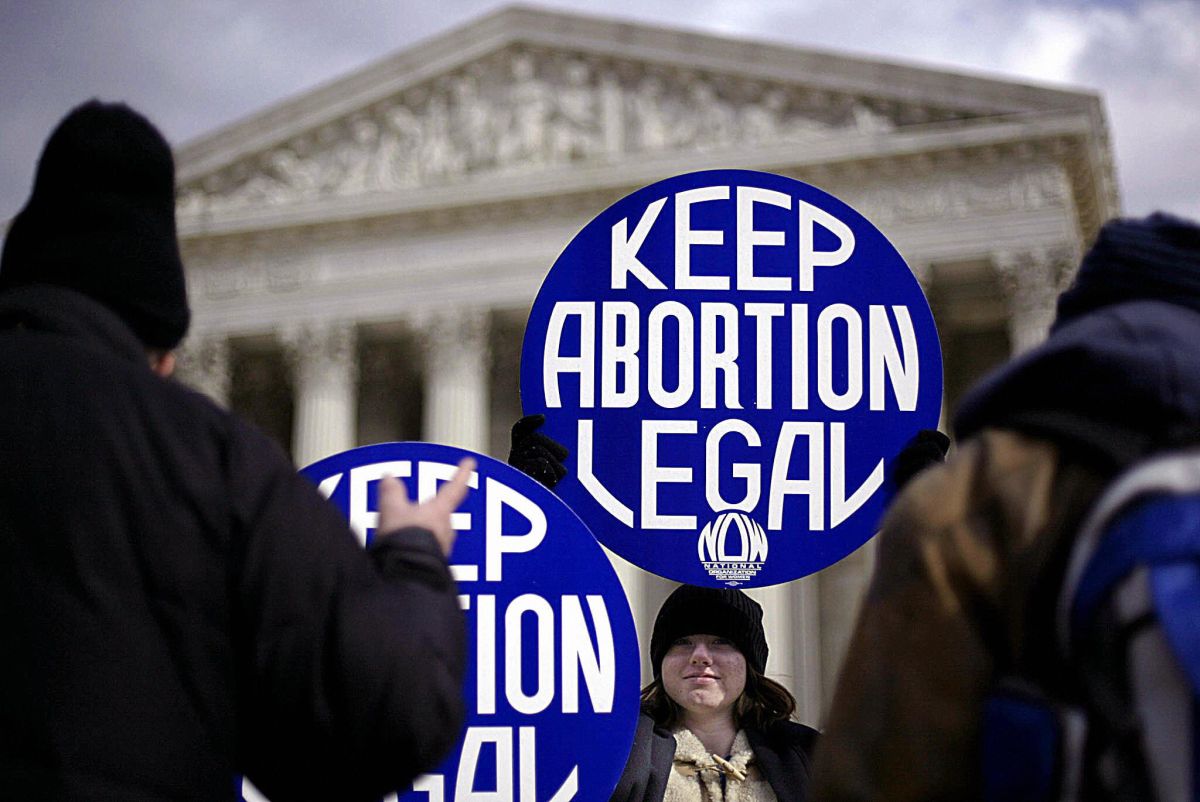WASHINGTON – A federal appeals court issued a ruling on Monday that, in practice, promises to cause the almost total ban on abortion in Texas, which contains no exceptions for cases of incest or rape, to remain in force for months.
Almost a month after the US Supreme Court left in force the controversial veto of Texas, which prohibits abortion from six weeks of gestation, a panel of the appeals court of the Fifth The Circuit once again ruled on the measure.
Two of the three judges on that panel decided to send the case to the Texas Supreme Court for it to interpret the constitutionality of the veto, a ruling that implies that the The legislation, which went into effect last September, will remain in force indefinitely, at least as long as the court process continues.
“The Texas Supreme Court must interpret the issues to be resolved into state law“, Judge Edith Jones, of conservative leaning, wrote in her decision on the case.
The court thus rejected the request of the clinics that perform abortions in Texas, which this month asked the court to remand the case to a lower federal court that already temporarily blocked the veto in October.
In December, the US Supreme Court upheld the controversial law and left clinics that perform abortions in the state with almost no options, allowing them to sue only the boards that grant medical licenses, but not officials state or court.
Texas law allows individuals to file civil lawsuits against anyone who helps a company baraza to abort if they believe they are violating the ban, and offers compensation of up to $10,10 dollars to each plaintiff per trial won.
This peculiar system has allowed the Texas authorities to evade responsibility for the application of the law, because the burden of implementation falls on private citizens and not on the leaders conservatives who promoted the veto.
The Supreme Court is scheduled to decide in the middle of this year on another Mississippi law that would prevent abortion after 10 weeks in that state, in a case that could mean the end of the legal precedent set by that same court in 1973, known as “Roe versus Wade”.
The decision of 1973 forced all the states of the USA to guarantee the right to abortion for any reason until the moment of “viability” of the f eto outside the womb, around 23 or 24 weeks of pregnancy.
In the last decade, however, numerous conservative states have passed regulations that openly violate the parameters of “Roe versus Wade”, with the express objective of getting the Supreme Court to review and repeal that decision.
If the Supreme Court repeals “Roe versus Wade”, each US territory would be free to prohibit or allow abortion at will, and it is expected that, in that case, more than half of the states in the country take steps to veto it.
